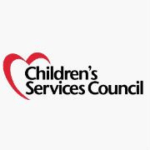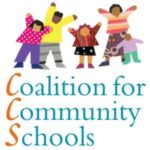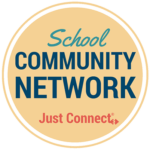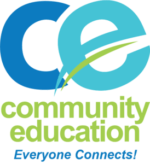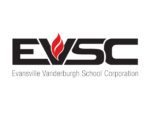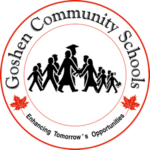Community School Models
Chicago Schools Initiative (CSI) is managed by the Chicago Public Schools and is the largest community schools system in the nation with over 175 schools partnered with about 50 non-profit organizations. CSI transforms selected public schools to become community centers that are open with resources during the late afternoons, evenings, weekends and into the summer. The initiative provides job training for parents, access to medical and dental care on site, art lessons, and out of school time
Children’s Services Council of Palm Beach County (CSC) is a Federal Full-Service Community School Grantee that partners with local nonprofit and government agencies to provide health and human services for youth and their families. The CSC works to reduce school drop outs, teen pregnancies, drug use, and crimes by fostering strong bonds with young people and community affiliates.
Closing the Gap in Student Performance is an initiative formed by the partnerships of twenty-five different agencies that include: local non-profits, faith-based charities, schools and government agencies to establish community partnerships in specified schools within the Buffalo Public Schools District. The initiative addresses the non-academic barriers that affect families and hinder academic success.
The Coalition for Community Schools is an alliance of national, state and local organizations in education K-16, youth development, community planning and development, family support, health and human services, government and philanthropy as well as national, state and local community school networks. They seek to mobilize the resources and capacity of multiple sectors and institutions to create a united movement for community schools.
The Community and School Engagement Strategy is a program sponsored by the Family League of Baltimore that integrates academic enrichment, health and social supports, strong families, and healthy communities to provide resources that are open to all community members. The program partners with cultural institutions, faith-based organizations, community-based organizations, and schools to provide services that include out of school time programs, activities to develop new skills, and nutrition resources.
In this article from Stateuniversity.com there are strategies and plans on how to create and implement successful community schools.
The Community Learning Center Institute (CLCI) works in the Greater Cincinnati community to develop learning centers in schools in order to revitalize community partnerships and respond to the needs of each school and neighborhood. The CLCI implements successful strategies through community engagement, site-based governance, partnership networks, cross boundary leaderships and resource coordinators.
Evansville Vanderburgh School Corporation (EVSC) is based in Evansville, Indiana and views each of their schools as a “community school” in which businesses, community agencies, and families work together to provide children with the best education possible. EVSC works to establish an infrastructure of support in school communities and providse programs and services that promote the physical, mental, and emotional health of children and their families.
The Goshen Community School located in Indiana is a model of community schools that ensures all students acquire knowledge and apply skills that enhance tomorrow’s opportunities.
Kent School Services Network is located in Grand Rapids, Michigan and was created by the Kent County Family and Children’s Coordinating Council in order to create strategies on how to use community resources to support achievement. The initiative has tripled over a period of five years and been very successful by increasing student achievement, lowering student absences, and improving coordination of services.
Lincoln Community Learning Centers (CLC) operates in more than twenty-four schools in Nebraska and follows the six “Community Learning Center Principles:” collaboration, integration of services, lifelong learning culture, outcome focused, community leadership, and neighborhood based. Lincoln CLCs utilizes a delivery system model that uses local schools to provide enrichment programs and supportive services for citizens of all ages in the community.
LSNA is a nationally recognized model of successful collaboration between a community organization and public schools, creating a community-centered school that serves immigrant families.

